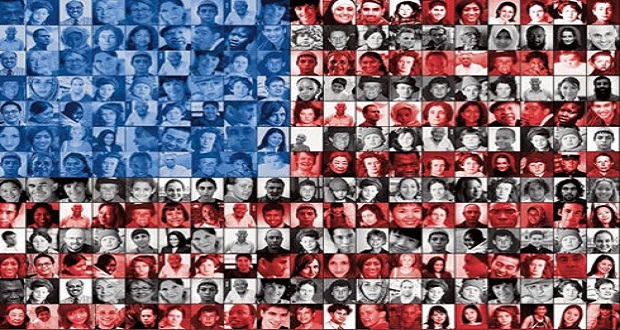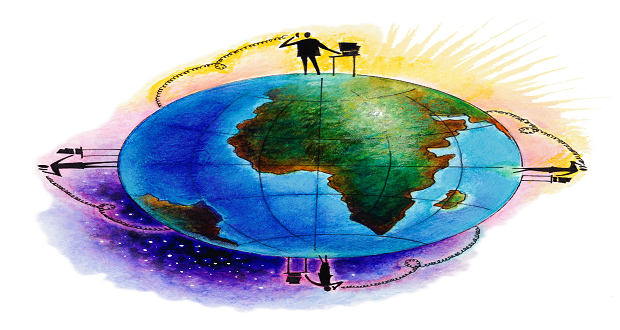
My husband and I are having new windows installed in our home. The other morning, the installer came to our home to measure the windows. As we were sitting at the table confirming our order, he said, “Most of the installers come from Europe, like me – mostly Serbian or Polish – so you’ll hear a foreign language being spoken. The foreman does speak English, so you’ll be able to communicate.”
My husband and I both answered, “That’s fine,” and we gave each other a look that meant, “What was that about?” I even added, “I like hearing other languages!”
The interculturalist in me took this in and mulled it over for a few minutes. I couldn’t resist any longer, so I asked, “Can we go back to that foreign language statement you made? I have to ask – do you deliberately say that because people have been upset?”
He said, “Yes.” He told us there have been incidences where the crew has gotten to a home, begun work, and when they started talking to each other, were asked by the homeowners to stop working and told to leave. The homeowners then called the office to say, “I only want Americans to work on this house!”
Since when has “speaking English” equaled “American?” I know plenty of people who are U.S. American citizens who don’t speak English as a first language. That doesn’t make them any less American. I also know plenty of people who were born in the States and speak English as a first language, but who have such a different accent from me that I can’t understand them. If “understanding them” is the standard to go by, does that suddenly invalidate their citizenship? I certainly wouldn’t want to be deported (to where, I’m not sure) because someone didn’t understand my weird mix of Midwestern twang and Southern drawl.
Honestly, the sad part is, I wasn’t shocked by our installer’s answer. I hear it nearly every day in my work, and with the political environment in the States now, I only see it getting worse. We are so mired in “Us” and “Them” that it’s difficult to see where the two come together. We try to put parameters around who is “American” (and who is qualified to become “American”) based not only on the languages they speak, but also on the religions they follow, the color of their skin, and countless other random qualifications based on our own personal beliefs of “right” and “wrong.”
Since when have these things determined who is American and who isn’t? Citizenship requirements certainly aren’t judged this way. American citizens speak many languages, follow many (or no) religions, and come in many shapes, colors and forms. Understanding and utilizing those differences – as well as sharing our common values around equality and freedom – are what we are founded on.
All I want is a worker who does a good job. I’ll leave the legalities of who gets the job done to the company I’ve hired.


















